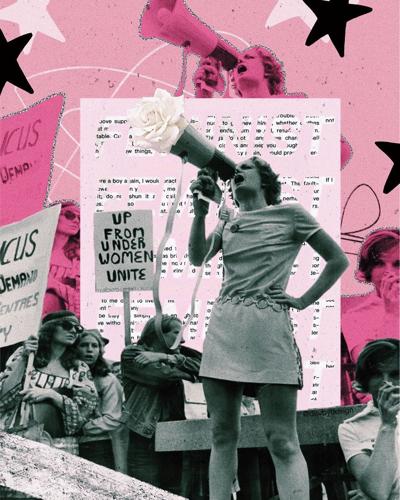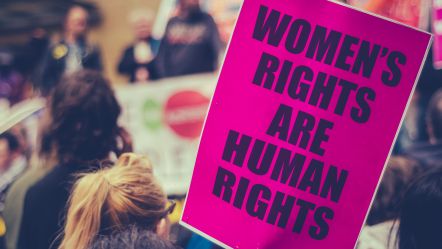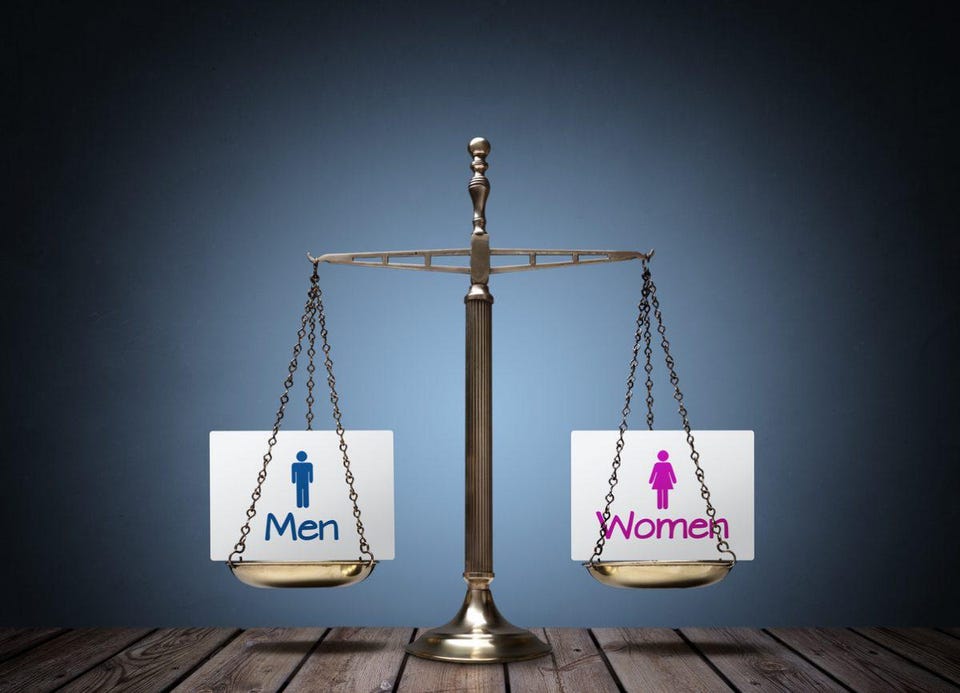Mainstream feminism also fueled the gender parity and women's rights movement. Despite its many achievements, it has also faced criticism and controversy. Here are some of the disadvantages of modern feminism:

Stereotyping: Men are frequently stigmatized as persecutors and women as victims in modern feminism, creating a contentious "us vs them" mental attitude. The gender gap may broaden rather than close as a result of this.
A few claim that contemporary feminism fails to portray all women's perspectives and experiences accurately. This portrayal is remarkably accurate for women from different cultural backgrounds, such as women of colour, women, and women from developing countries.
Marginalization: A few women may believe that the modern feminist movement does not reflect their personal experiences and beliefs. This act could also lead to feelings of disaffection as well as a feeling that they do not belong to the movement.
movement.
A few modern-day feminists are to blame for excluding specific groups of women, including such remain moms and women who do not express certain political beliefs. This exclusion may endanger the goal of forming a united front to support women's rights.
Men are portrayed negatively in modern feminism and are to blame for the challenges women face. This portrayal can stymie attempts to involve men in the gender equality fight while fueling feelings of anger and defensiveness.
The total absence of intersectionality: Modern-day feminism tends to ignore the interconnections of gender with some other aspects of one's identity, such as racial group, class, sexuality, and religious doctrine. It can lead to misinterpretation of the unique situations and difficulties women from various upbringings face.
Liberal feminism has already made significant advancements toward gender equality, but it is not without flaws but instead criticism. Recognizing and addressing these disadvantages is critical for building a more inclusive and efficient women's rights movement.












